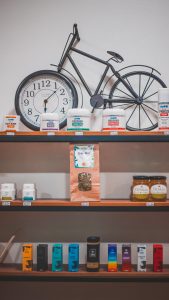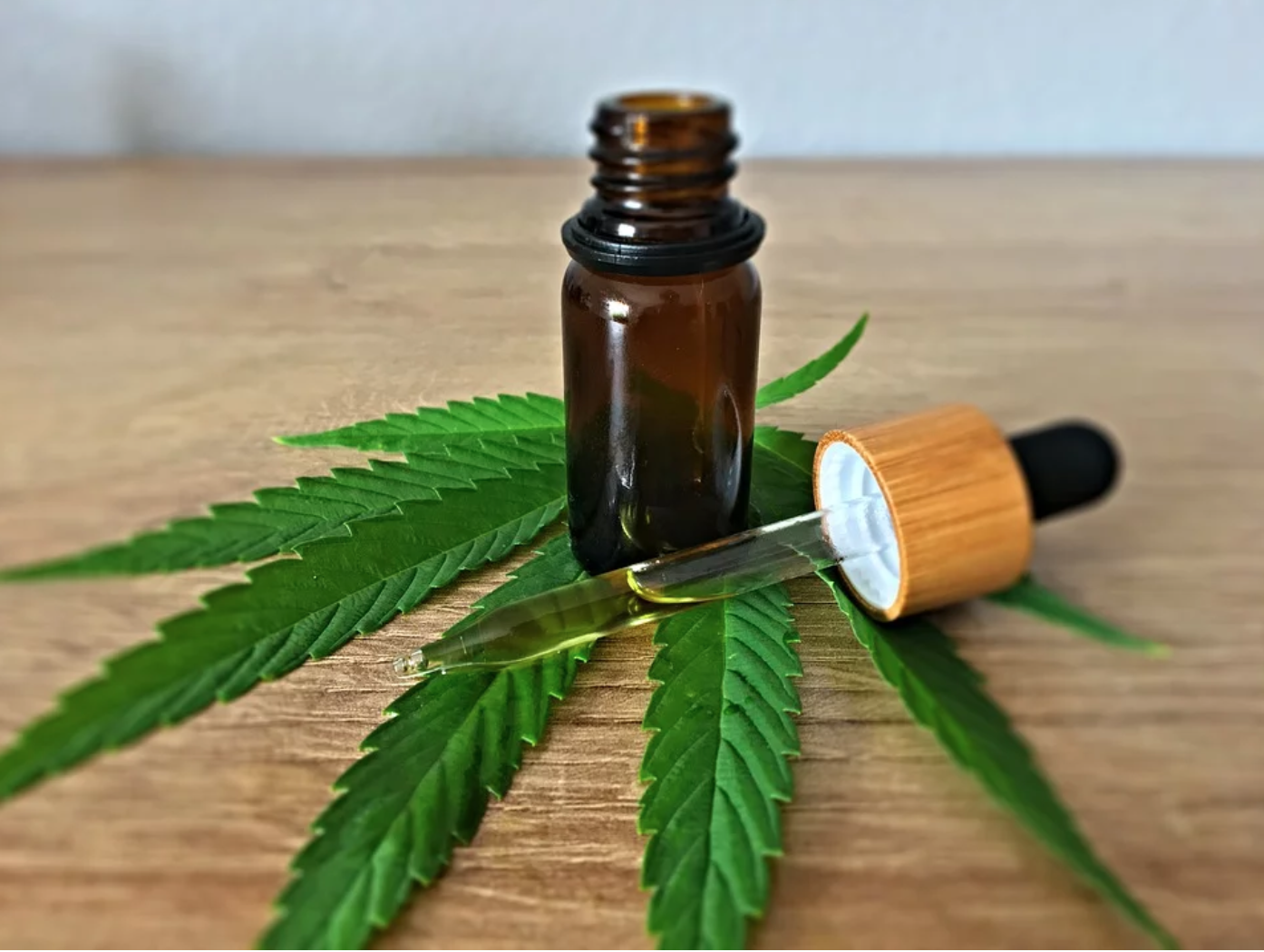Regulations are bound to catch up with product excitement and consumer interest. Buyers of CBD oils and tinctures should be able to rely on better, more visible analyses of popular CBD brands.
Consumers curious about CBD tinctures and oils often worry about the purity of the products. Although CBD brands regularly tout their efficacy, their offerings can vary widely in terms of potency. Some CBD items have tested positive for unexpected additives and chemicals not listed on their labels, according to investigative reports.
Why the discrepancy? The main issue lies with the fact that regulations surrounding the manufacture and distribution of CBD offerings remain limited. In an era of strict regulatory expectations of other products, CBD brands have been held mostly at their word. This leaves buyers wondering how to make certain that they purchase the most reliable CBD oils. After all, they cannot be expected to visit industrial hemp farms themselves and watch the process of turning raw materials into a CBD tincture but they can surely buy quality products from a trusted company like industrial hemp farms.
The good news is that customers interested in CBD solutions can conduct four-point evaluations on their own. Through just a little investigation on reliable sites beyond the CBD brands’ advertising material, adults can ensure that the CBD oils they choose will go the distance. Many third-party, external entities have already done the heavy lifting by carefully examining the most popular, widely available CBD products. Sifting, through their findings, helps CBD shoppers make smarter, more informed decisions about one of the most popular cannabis healthcare alternatives to pharmaceuticals.
Test #1: Determining CBD Versus THC Levels
A huge selling point for all CBD oils remains the ratio of cannabinoids inherent in the suspension. The two most popular cannabinoids include CBD and THC. CBD, or cannabidiol, is non-psychoactive. Therefore, CBD does not give consumers the “high” associated with cannabis. Instead, it has shown promise as a compound that, when ingested or rubbed into the body, may provide pain relief, relaxation, and calm without any mind-altering side effects.
THC, on the other hand, is psychoactive that causes cannabis users to experience hallucinations or related outcomes. Many individuals seeking CBD tinctures want to keep the levels of THC to a bare minimum, as some may be sensitive to THC. Others simply have no interest in a product containing THC, preferring the purest CBD oil they can find with minimal traces of THC.
Brands selling CBD tinctures have begun to more frequently note on their labels the CBD and THC levels in their products. These may be outlined as ratios or percentages. While this helps consumers understand whether their CBD oil has a high CBD and low THC balance, or perhaps vice versa, the levels may not be consistent or accurate.

Consumers and third-party testing organizations frequently discuss the variations of THC and CBD that can be found across different product lines of the same CBD-infused brands. A popular, dependable way to measure THC and CBD involves high-performance liquid chromatography (HPLC). Through the use of applied chemistry, scientists and researchers can effectively pinpoint the exact amounts of THC and CBD by mixing them with liquids and then reading the results with the help of other chemicals and UV light. Plenty of laboratories have released their findings online already about certain CBD products on the market.
How can adults conscientiously seek all the information they can about CBD and THC levels in any products they consider buying? The answer is by asking questions and conducting just a bit of due diligence online. This can help CBD shoppers feel increasingly confident that certain CBD items will live up to their promise. Plus, many CBD oil and tincture companies are beginning to pay for objective third parties to create work-ups the companies can provide to the public.
Test #2: Knowing Where CBD Ingredients Come From
Another test to help CBD buyers feel better about the products they choose involves following the supply chain from beginning to end. For example, a CBD oil company could release a video or chart outlining everything from a visit to industrial hemp farms where the ingredients are first grown, to the way the CBD is extracted and then mixed to create the final tincture. Moreover, for many adults interested in CBD, knowing exactly where their CBD came from offers peace of mind.
Currently, not all CBD oil producers have taken this ultra-transparency route. However, if the past is any indication, more will consider it a way to differentiate their offerings. Consumers have shown a growing interest in knowing the origin of the items they purchase. By clearly seeing all the steps that a CBD brand uses to get a product to market, shoppers can experience a heightened sense of confidence that they are getting what they expect. Indulge in buying a safe, lab-tested CBD tincture you can trust as it will make your experience better.
Test #3: Weeding Out Impurities and Unwanted Additives
In such an unregulated marketplace, CBD oils and tinctures can, unfortunately, contain all types of impurities, such as pesticides. Again, these unwanted “tagalongs” are not necessarily deliberately added into the mixture but might be an adverse outcome of unacceptable, ineffective manufacturing processes.
While consumers themselves cannot test CBD tinctures for impurities, they can rely on objective labs to let them know which products have passed purity-related tests. Over time, more labs will no doubt release their findings on the most popular CBD oil brands. This protects consumers from unexpectedly exposing their skin and internal systems to potential allergens or toxins.
Test #4: Exploring Potency in CBD Products
The final aspect of any four-point test related to CBD oils and tinctures involves studying potency. For instance, does the CBD item deliver the dosage of cannabinoids it advertises? Some third-party evaluations on CBD brands have come up surprisingly short in this arena, with efficacy and potency levels across the board.
At this point, the United States has no specific rule on how potency must be described on each CBD product. Therefore, buyers should be prepared to seek out information on testing done by third parties or, in some cases, by the brands or manufacturers themselves. As previously mentioned, some consumers want higher or lower levels of CBD and THC in their tinctures. Being able to gauge cannabis potency in a more objective sense helps adults make better purchasing choices for their healthcare needs.
The Future of CBD Product Testing
Because CBD consumption and usage is an emerging industry, regulations are bound to catch up with product excitement and consumer interest. Buyers of CBD oils and tinctures should be able to rely on better, more visible analyses of popular CBD brands. Consumers curious about CBD tinctures and oils often worry about the purity of the products. Although CBD brands regularly tout their efficacy, their offerings can vary widely in terms of potency.For now, they can use a few different means of independent, personal testing to make sure they feel good about the CBD items they bring into their homes.


Join the conversation!